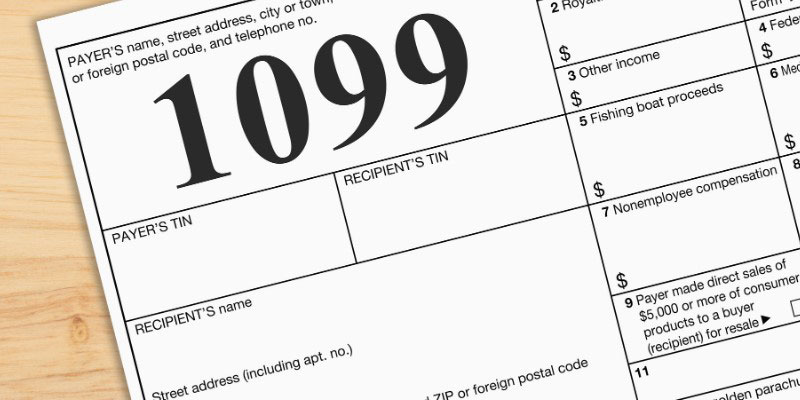Key Tax Changes This Year That May Impact Your Return and Refund
Jan 15, 2024 By Triston Martin
After being thrown off-kilter by COVID-19 for three years, the world is now beginning to return to normal, and taxes are not an exception to this trend. At the same time that millions of Americans are completing their federal income tax changes for the year 2022, they are contending with several recently revoked pandemic policies.

In 2023, the regulations to assist people in surviving the turbulent economic climate of 2020 and 2021 were finally phased down. In their stead, Congress adopted a new set of one-off measures to ease people's financial strain brought on by inflation.
This happens yearly; the Internal Revenue Service and Congress often adjust the tax code. Nevertheless, this time around, such modifications may seem more important to people who are accustomed to receiving significant returns as they have been accustomed to receiving them. According to Kathy Pickering, chief tax officer at H&R Block, taxpayers must be aware of these policy changes and prepared for them. Taxpayers need to be informed of these changes and be prepared for them. The time has come to file your taxes, build back better tax changes and there have been some significant changes that you should be aware of.
Income Limits Have Been Raised.
The Internal Revenue Service adjusts the tax rates according to tax law changes (and many other rules) annually in the autumn to account for inflation. Although inflation is beginning to level off, the previous several years have witnessed several all-time highs, so the government has had to modify the income criteria determining tax brackets.
Remember that the tax bracket that roughly matches your wage is not the whole amount of tax you owe because of the graduated rate system used in the United States. The amount of your income subject to taxation is determined by the tax bracket it belongs to.
There Is A Larger Standard Deduction
Most taxpayers use the standard deduction, a predetermined amount of money you may subtract from your taxable income since the Tax Cuts and Jobs Act of 2017 was passed. The standard deduction for a single taxpayer increased by $400 in 2022, totaling $12,950. The threshold for married people filing jointly is now $25,900 (an increase of $800).
No Government Stimulus Payments Are Involved.
In March of 2021, the federal government dispersed the last COVID-19 stimulus cheques and urged anyone who still needed to get one to file for the recovery rebate credit on their 2021 tax returns. That's completed for the time being.
In 2022, federal stimulus cheques will no longer be a consideration when filing biden tax changes. This month, after some ambiguity, the IRS clarified that most beneficiaries do not need to record relief payments as income. Most states treated the refunds as welfare or disaster relief funds, making them tax-free.
But, Georgia, Massachusetts, South Carolina, and Virginia residents who received state stimulus cash would wish to check the tiny print. In some cases, the receivers may be required to pay proposed tax changes.
The Standard Child Tax Credit Has Been Reinstated.
For 2021 only, Congress allowed families to claim up to $3,600 per child as a child tax credit. The child tax credit, however, was not renewed with the increase and is now capped at $2,000 per qualifying kid.

Moreover, the maximum child & dependent care credit and the earned income tax credit have been reduced. However, the unique deduction of $300 for charitable contributions available to everyone (including those who didn't itemize their capital gains tax changes) has expired.
Mark Steber, chief tax info officer at Jackson Hewitt, believes that these global policy shifts are causing taxpayers to end up with unanticipated balances.
"The number of individuals who are in debt is doubling," he says. "Many folks became accustomed to receiving reimbursements of $3,000; suddenly they receive no refund or owing."
Five Renewable Energy Credits Saw Some Adjustments.
According to Lee Reams of Tax Buzz, President Joe Biden's Inflation Reduction Act in August changed several regulations about eco-friendly estate tax changes deductions. The vast majority of these changes did not become effective until this January and will not impact your taxes until the following year, but there are a few notable exceptions. Any qualifying home improvement project (such as installing solar panels) finished in 2022 is eligible for the increased residential clean energy credit. Cars acquired after August only qualify for the electric vehicle tax credit if produced in North America.





